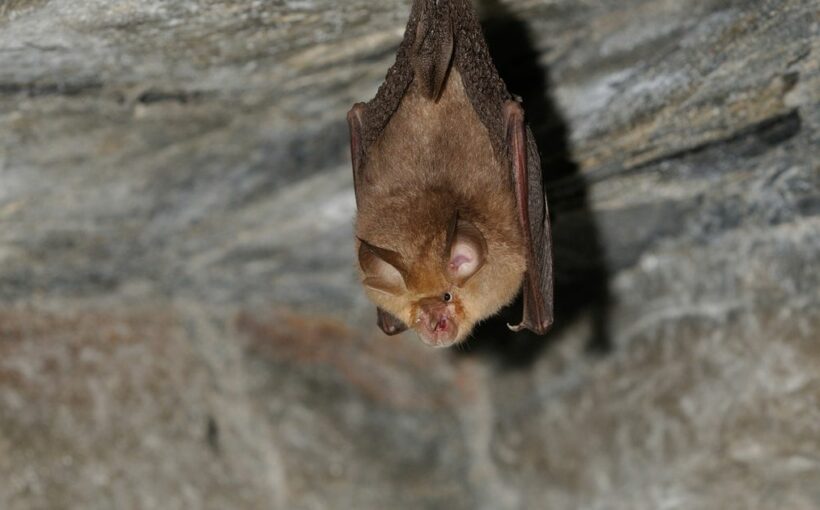Cave dwelling bats in Cambodia could prove to be key to understanding the Covid-19 virus after a similar disease was discovered in the animals way back in 2010.
Samples taken by scientists in 2010 have been stored in a freezer at the Pasteur Institute in Phnom Penh in Cambodia and have only now been analysed.
Samples from 430 bats were sequenced in November 2020 and the results have only been shared this week, uncovering a pathogen in the samples that scientists say is “nearly identical” to the one that causes Covid-19.
Testing on samples from two Rhinolophus shameli bats, also known as Shemal's horseshoe bats, in particular showed the closest association to the Covid-19 virus.
Sky News reports that the report – which is yet to be peer reviewed – discovered the pathogen present in the bats shared 92.6 percent of the same identity as SARS–CoV–2 – which causes Covid-19.
The bats have been found living in a cave in northeastern Cambodia's Steung Treng province but they are also found in Laos, Myanmar, Thailand and Vietnam.
It is hoped the finding could help discover the origin of the Covid-19 virus – while tracking bats could increase preparation for future pandemics.
'Beautiful' charity volunteer dies of coronavirus on her 25th birthday
The scientists note in their report that the bats' genome "are genetically closer to SARS-CoV-2 than any other closely related viruses discovered to date".
Last year other researchers discovered viruses similar to Covid-19 in horseshoe bats with sampled from 2013 and 2019 – and further research uncovered a similar virus in Malayan Sunda pangolins.
The Pasteur Institute scientists said their research "indicates that SARS-CoV-2 related viruses have a much wider geographic distribution than previously understood, and likely circulate via multiple Rhinolophus (Bat) species"
They added species in other parts of Southeast Asia "may represent a key area to consider in the ongoing search for the origins of SARS-CoV-2, and certainly in broader coronavirus surveillance efforts".
The researchers warned that human-animal interaction is likely to increase in the area due to a high diversity of wildlife in the region that “host SARS-like coronaviruses.”
They concluded: ”Continued surveillance of bats and other key wild animals in Southeast Asia is thus crucial, not only to find the SARS-CoV-2 reservoir, but to also be better prepared for the next pandemic.”
Source: Read Full Article




